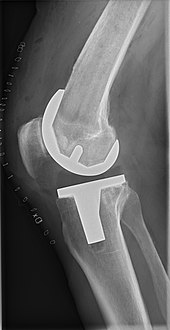Trial Bible Podcast: How Marijo C. Adimey Turned Complex Medicine Into a Record-Setting $60 Million Medical Malpractice Verdict
 Medical malpractice trials are often cast as “battles of the experts.” But in this case, Marijo C. Adimey, partner at Gair, Gair, Conason, Rubinowitz, Bloom, Hershenhorn, Steigman & Mackauf, showed that the most powerful evidence isn’t just expert testimony—it’s the story jurors can see for themselves.
Medical malpractice trials are often cast as “battles of the experts.” But in this case, Marijo C. Adimey, partner at Gair, Gair, Conason, Rubinowitz, Bloom, Hershenhorn, Steigman & Mackauf, showed that the most powerful evidence isn’t just expert testimony—it’s the story jurors can see for themselves.
Through complex imaging, careful cross-examination, and relentless preparation, Adimey proved that “the treating doctor’s note in the patient’s chart cannot be right,” leading a Nassau County jury to return a record-setting $60 million verdict in favor of her client.
 New York Personal Injury Attorneys Blog
New York Personal Injury Attorneys Blog









